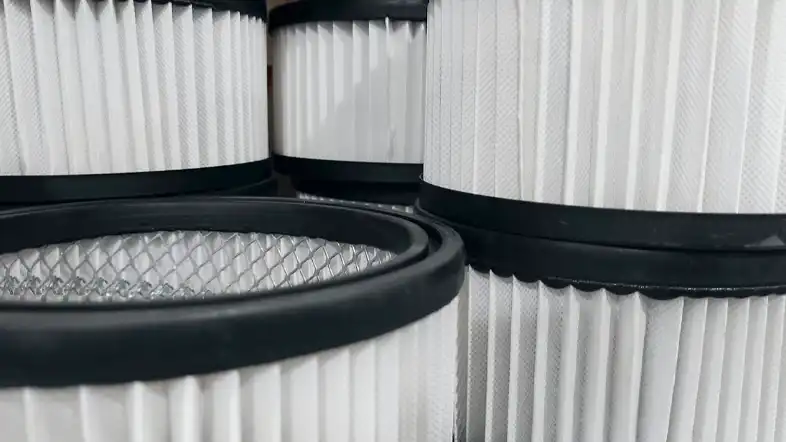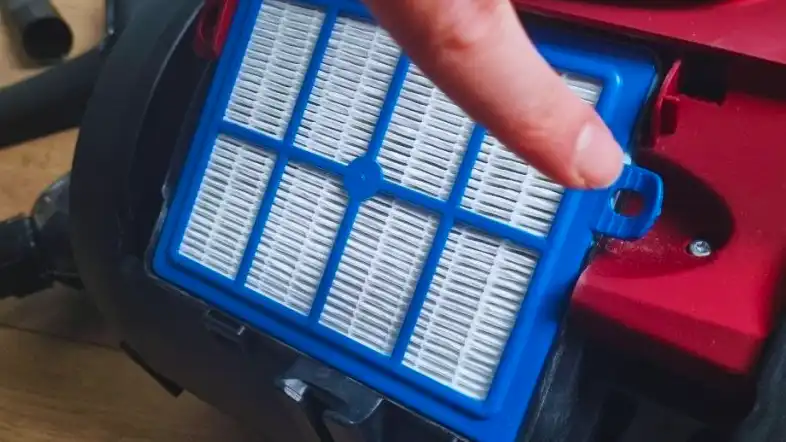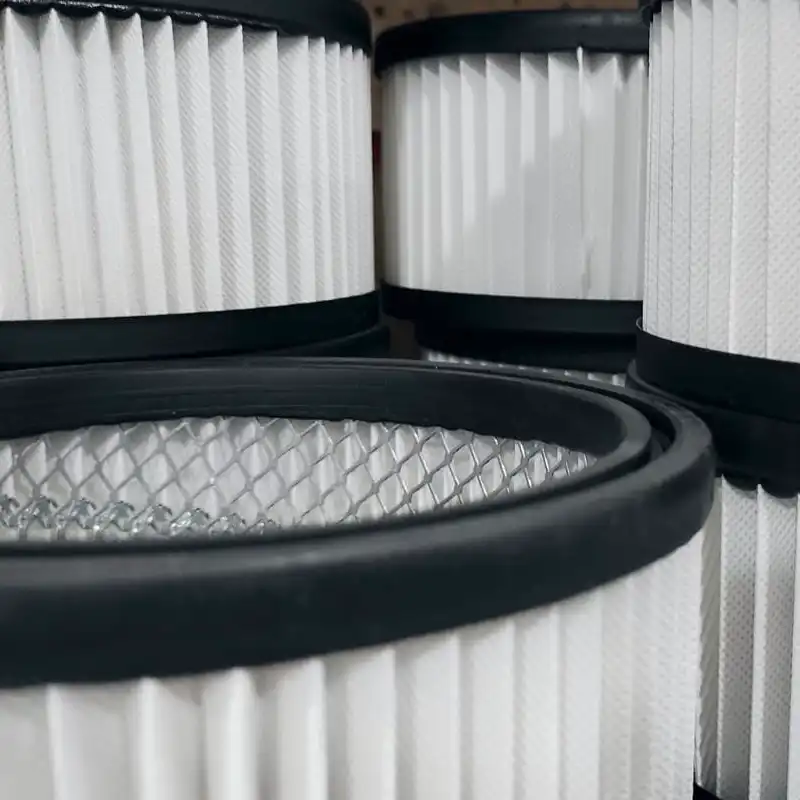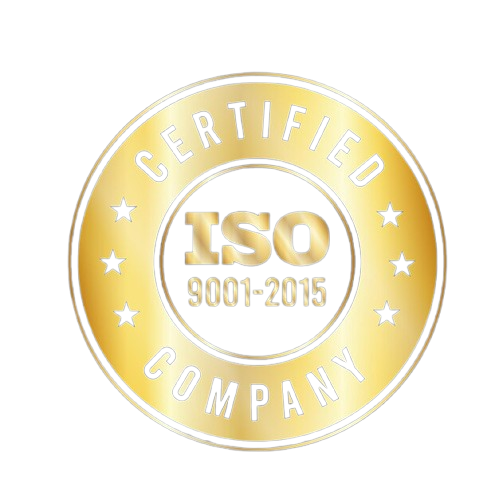HEPA filters have become a household essential for maintaining indoor air quality. These filters, known for their ability to trap microscopic particles, play a crucial role in keeping our homes and workplaces free from pollutants.
In this article, we will explore the lifespan of HEPA filters, ways to extend their usability, and when and how to replace them.
Lifespan of HEPA Filters
Typical Lifespan
On average, a HEPA filter can last anywhere from one to two years. This estimate may vary based on the factors mentioned earlier. For homes with pets or individuals suffering from allergies, the filter may need more frequent replacement.
Signs of a Worn-Out HEPA Filter
Identifying when it’s time to replace your HEPA filter is crucial for maintaining air quality. Some common signs of a worn-out filter include reduced air purification efficiency, increased dust in your living space, and an unpleasant odor when the filter is in use.
How Long Does a Hepa Filter Last

The lifespan of a HEPA (High Efficiency Particulate Air) filter can vary depending on several factors, including the quality of the filter, the environment in which it is used, and how frequently it is maintained. On average, a HEPA filter can last anywhere from 6 months to 2 years. Here are some factors that can affect the lifespan of a HEPA filter:
Quality of the Filter:
High-quality HEPA filters are generally designed to last longer than cheaper, lower-quality alternatives. Investing in a reputable brand and ensuring that the filter meets HEPA standards can extend its lifespan.
Usage and Environment:
The environment in which the HEPA filter is used can have a significant impact on its lifespan. Filters in environments with high levels of airborne contaminants, such as dust, smoke, or pet dander, may need to be replaced more frequently. Similarly, filters in industrial or commercial settings may have a shorter lifespan due to higher levels of pollutants.
Maintenance:
Regular maintenance, such as cleaning or replacing pre-filters and following the manufacturer’s recommendations, can extend the lifespan of a HEPA filter. Some HEPA filters are washable, while others are disposable and must be replaced when they become clogged.
Airflow:
HEPA filters are often used in air purifiers and HVAC systems. Maintaining proper airflow and not overloading the filter can help prolong its life.
Filter Size:
The physical size of the HEPA filter can also influence how long it lasts. Larger filters tend to have a longer lifespan than smaller ones because they can capture more particles before becoming clogged.
It’s essential to check the manufacturer’s recommendations for your specific HEPA filter, as they may provide guidelines on when to replace it. Some filters have indicators that signal when replacement is necessary, while others rely on regular inspections and measurements of airflow and filter efficiency.
So, the lifespan of a HEPA filter can vary, but with proper maintenance and consideration of the factors mentioned above, you can help ensure that your HEPA filter remains effective for an extended period, typically ranging from 6 months to 2 years.
Extending the HEPA Filter’s Lifespan

To get the most out of your HEPA filter, consider the following tips:
Regular Cleaning and Maintenance
Cleaning your HEPA filter regularly can significantly extend its life. Many filters are washable, and the manufacturer’s instructions should be followed carefully. Proper maintenance not only prolongs the filter’s lifespan but also ensures that it operates at peak efficiency.
Appropriate Use and Placement
Where you place your HEPA filter can also impact its longevity. Ensure that it is located in an area with adequate airflow and that it is not overburdened by large amounts of airborne particles. Using the filter as intended will help maintain its effectiveness.
Monitoring Air Quality
Keep an eye on your indoor air quality and the performance of your HEPA filter. Invest in an air quality monitor to gauge the efficiency of the filter. When it starts to show signs of reduced performance, it may be time for a replacement.
Replacing a HEPA Filter

When the time comes to replace your HEPA filter, follow these steps:
Steps for Replacement
- Turn off the air purifier or HVAC system.
- Open the unit to access the old filter.
- Remove the old filter, following the manufacturer’s instructions.
- Carefully dispose of the old filter to prevent contamination.
Choosing the Right Replacement Filter
Select a replacement filter that matches the specifications of your original HEPA filter. It’s essential to use the correct filter to ensure optimal performance.
Proper Disposal of Old Filters
HEPA filters can contain trapped pollutants and should be disposed of properly. Some filters can be recycled, while others may need to be disposed of as hazardous waste. Check with your local waste disposal guidelines for the correct method.
FAQs
What is a HEPA filter?
A HEPA filter is a high-efficiency particulate air filter designed to trap and remove microscopic particles such as dust, pollen, pet dander, and even some bacteria from the air.
Can HEPA filters be cleaned and reused?
Some HEPA filters are washable and can be reused after proper cleaning. However, not all HEPA filters are washable, so it’s essential to check the manufacturer’s instructions.
How often should I replace a HEPA filter?
On average, HEPA filters should be replaced every one to two years. However, specific circumstances, such as high levels of air pollution, may require more frequent replacement.
Are there any health risks associated with using an old HEPA filter?
Using an old or worn-out HEPA filter may not effectively remove contaminants from the air, potentially impacting air quality and health. It’s essential to replace the filter when it shows signs of reduced performance.
Where can I purchase HEPA filters?
HEPA filters can be purchased from various sources, including hardware stores, home improvement centers, and online retailers. Be sure to check the compatibility of the filter with your specific air purifier or HVAC system before purchasing.
Conclusion
HEPA filters are indispensable for maintaining clean and healthy indoor air. Understanding the lifespan of these filters, how to extend their usability, and when to replace them is essential for ensuring they continue to perform at their best. By following the guidelines provided in this article, you can enjoy cleaner air and a healthier living environment.
FAQs
1. What is a HEPA filter?
A HEPA filter is a high-efficiency particulate air filter designed to trap and remove microscopic particles such as dust, pollen, pet dander, and even some bacteria from the air.
2. Can HEPA filters be cleaned and reused?
Some HEPA filters are washable and can be reused after proper cleaning. However, not all HEPA filters are washable, so it’s essential to check the manufacturer’s instructions.
3. How often should I replace a HEPA filter?
On average, HEPA filters should be replaced every one to two years. However, specific circumstances, such as high levels of air pollution, may require more frequent replacement.
4. Are there any health risks associated with using an old HEPA filter?
Using an old or worn-out HEPA filter may not effectively remove contaminants from the air, potentially impacting air quality and health. It’s essential to replace the filter when it shows signs of reduced performance.
5. Where can I purchase HEPA filters?
HEPA filters can be purchased from various sources, including hardware stores, home improvement centers, and online retailers. Be sure to check the compatibility of the filter with your specific air purifier or HVAC system before purchasing.




